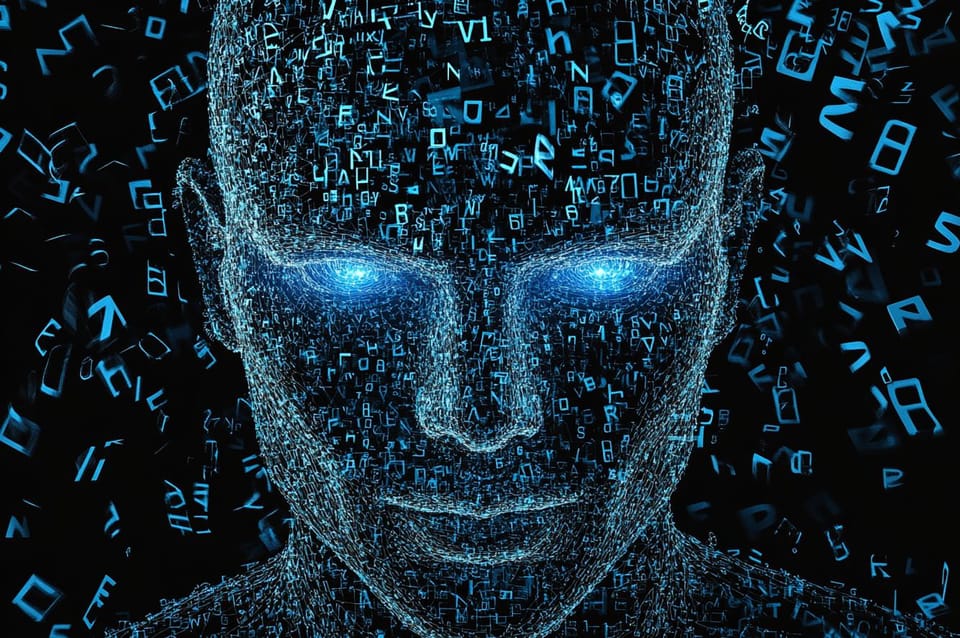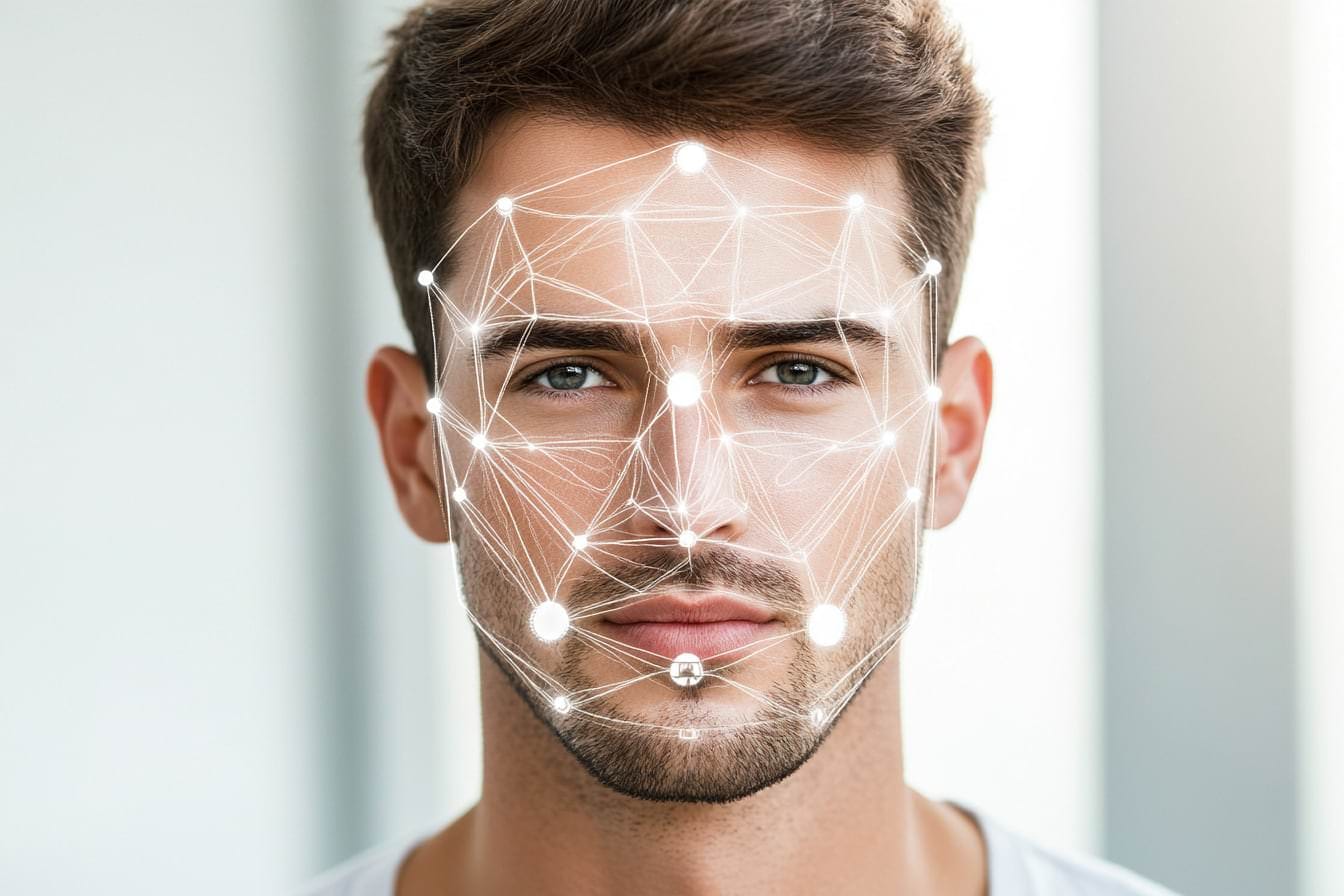AI and Facial Recognition: Revolutionizing Law Enforcement with Ethical Considerations

Introduction
An article titled The Role of AI and Face Search in Modern Law Enforcement on Pimeyes provides fascinating insights into how AI and facial recognition are reshaping policing practices.
Revolutionizing Investigations
A key takeaway from the article is how AI-powered facial search is revolutionizing investigations. Traditional suspect identification methods, which often involve manual labor such as sifting through mugshots, interviewing witnesses, and relying on sometimes unreliable human memory, can be both time-consuming and prone to errors. In contrast, AI-based facial recognition technology allows law enforcement to cross-reference images against vast databases almost instantaneously, drastically enhancing efficiency.
This automated process not only saves valuable time but also ensures that investigators can focus on more complex aspects of their work, such as gathering evidence and building cases. By streamlining the identification process, AI technology is transforming how investigations are conducted, making them faster, more accurate, and ultimately more effective.
Improved Accuracy
Another compelling point is the improvement in accuracy. Advanced AI algorithms can now identify individuals with remarkable precision, even when faced with low-quality images or partial facial features.
According to a study by the National Institute of Standards and Technology (NIST), the error rates for the top facial recognition algorithms have improved by over 90% between 2014 and 2018, demonstrating significant advancements.
Additionally, the US Department of Homeland Security reported a match rate accuracy of over 98.6% for facial recognition technology used at airports. This level of accuracy helps reduce the risk of wrongful identifications, protecting innocent people from being unfairly implicated in criminal investigations.

Ethical Considerations
The article also raises important ethical questions regarding privacy, data security, and potential misuse of facial recognition technology. While the benefits of AI and facial recognition are clear, implementing these technologies without proper safeguards could lead to significant infringements on individual rights, such as unauthorized surveillance, discrimination, and the potential for abuse by both governmental and private entities.
To mitigate these risks, it is crucial to establish strict regulations, transparency in how these systems are used, and ensure that there is accountability for misuse. Ensuring a careful balance between public safety and privacy is essential to responsibly harness these powerful tools while protecting civil liberties. This involves creating comprehensive legal frameworks that include oversight mechanisms, limitations on data retention, and the requirement of explicit consent where applicable.
Public awareness and debate are also vital components in shaping the ethical use of AI-driven facial recognition, ensuring these technologies serve society without compromising fundamental rights.
Potential for the Future
AI and facial recognition have the potential to make law enforcement more efficient and accurate. However, it's crucial to address ethical considerations and establish legal frameworks to safeguard citizens' rights as we embrace these innovations.



